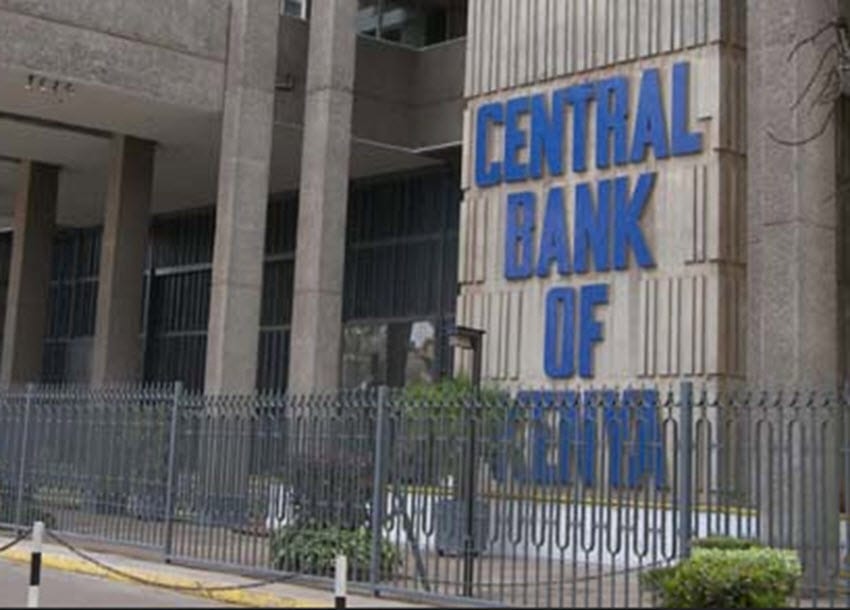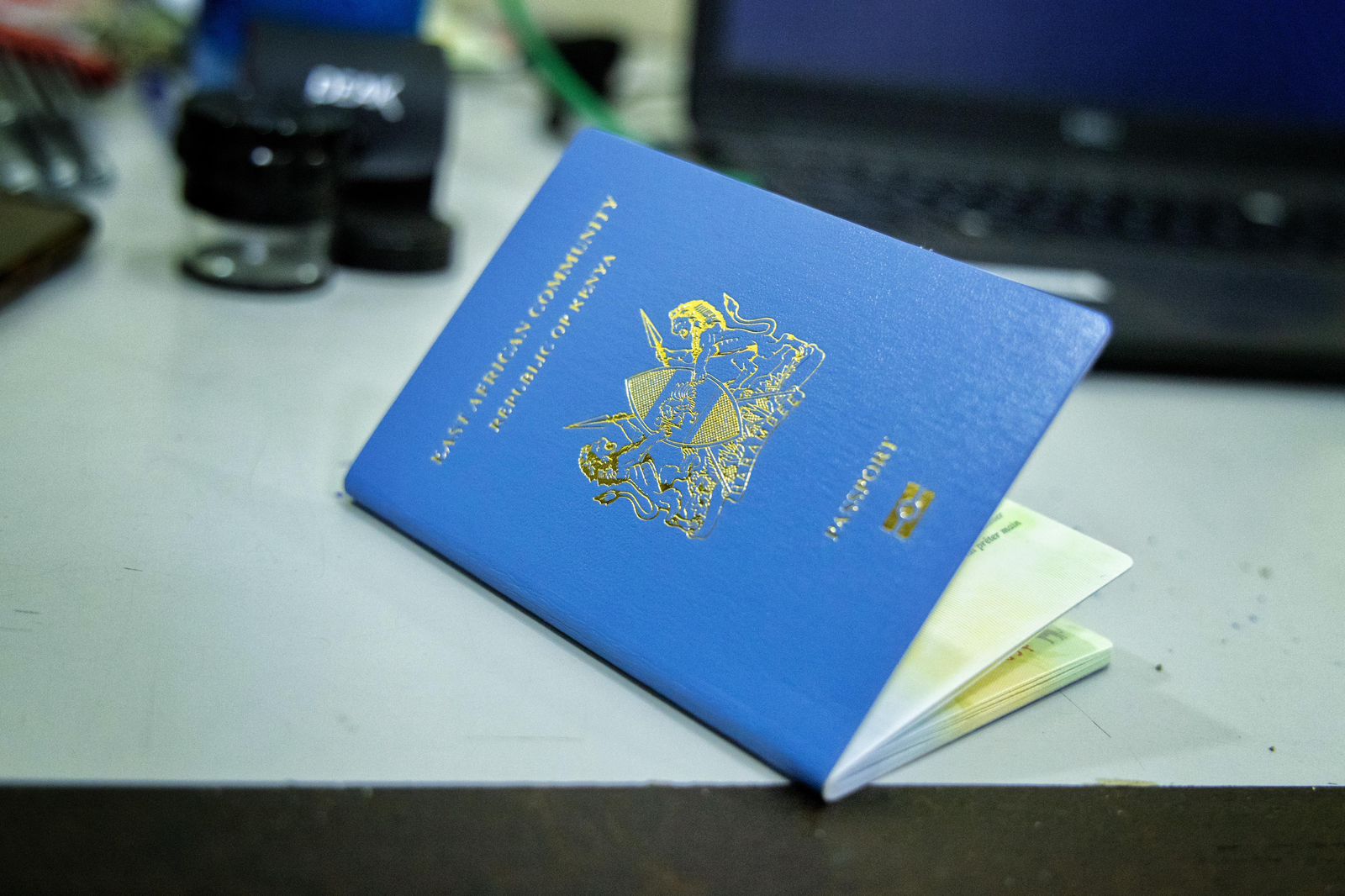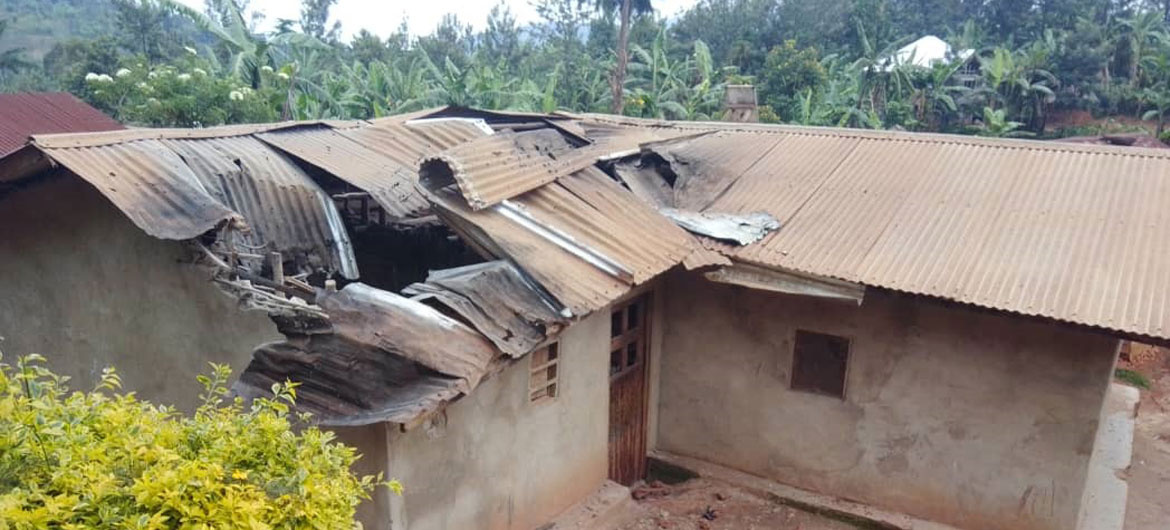Kenya’s economy grew substantially slower in first quarter- CBK

CBK reiterates that the agriculture sector performance remained strong in the period under review, attributable to favourable weather conditions and government interventions including fertiliser subsidies.
Kenya's economy developed substantially slower in the first three months of this year than it did in the same period last year, the Central Bank of Kenya (CBK) has revealed.
According to the apex bank's quarterly economic assessment report, the economy increased by 5.0 per cent, compared to 5.5 per cent in the same quarter of 2023.
More To Read
- Kenya must raise Sh1.6 trillion by 2030 to achieve SDGs, African Development Bank report reveals
- Sudanese army seizes control over main headquarters of central bank, military sources say
- Report shows Kenya loses Sh14-Sh19 billion each time there’s a statutory holiday
- Kenya's investment rate drops to lowest level in 14 years amid economic woes
- Kenya's small businesses hope for a better 2025 after struggling in 2024
- State's high domestic borrowing draining credit for private sector – World Bank
Compared to the previous quarter, the rate remains substantially slower, with the economy growing at a rate of 5.1 per cent.
However, the central bank has kept a brave face, claiming that the economy remained resilient during the period under review, aided by solid growth in agriculture and services.
"The agriculture sector growth remained strong, supported by favourable weather conditions which supported growing of crops," the report reads.
"Growth of service sectors was supported by robust performance of finance and insurance, wholesale and retail trade, real estate, information and communication, and accommodation and food services."
It however says the industrial sector recorded dismal growth performance during the quarter, owing to deceleration of activity across the various subsectors.
Notably, CBK reiterates that the agriculture sector performance remained strong in the period under review, attributable to favourable weather conditions and government interventions including fertiliser subsidies.
"The sector grew by 6.1 per cent compared to 6.4 per cent in a similar quarter of 2023. The performance was driven by increased production of tea (42.9 per cent), milk deliveries (30.1 per cent), sugarcane (6.1 per cent), and export of horticultural crops (30.6 per cent)."
However, coffee exports declined by 13.8 per cent. The sector contributed 1.1 percentage points to real GDP growth in the period under review.
Growth in the non-agriculture sector broadly decelerated in the first quarter of 2024, owing to subdued industrial activity.
It grew by 4.7 per cent compared to 5.2 per cent in a similar quarter of 2023 and contributed 3.8 percentage points to real GDP growth.
The services sector grew by 6.2 per cent compared to 6.8 per cent in a similar quarter of 2023 and contributed 3.5 percentage points to real GDP growth.
The Financial and Insurance sector expanded by 7.0 per cent compared to 5.9 per cent in a similar quarter of 2023, with the growth attributed to enhanced financial intermediation, reflected in increased deposits (20.9 per cent), and credit to the private sector (10.7 per cent).
However, the cost of credit increased following the raising of the Central Bank Rate (CBR) to 13 per cent.
Accommodation and Food Services sector recorded a decline, growing by 28.0 per cent compared to 47.1 per cent in a similar quarter of 2023.
This is despite the increased tourist arrivals through the two major airports, Jomo Kenyatta International Airport (JKIA) in Nairobi and Moi International Airport in Mombasa, which increased by 10.4 per cent.
Transport and Storage sector growth decelerated to 3.8 per cent from 6.6 per cent in a similar quarter of 2023 attributable to the Passenger traffic decline through the Standard Gauge Railway (SGR) which declined by 11.0 per cent following a 50 per cent increase in fares that was implemented in January 2024.
Cargo transported through SGR also declined by 17.4 per cent, while road transport continued to be hampered by high fuel prices.
However, CBK says the growth of the sector in the period under review was mainly boosted by increased passenger air traffic (14.7 per cent), cargo throughput at the port of Mombasa (7.3 per cent), and volume of petroleum products transported through the Kenya pipeline (8.7 per cent).
On the other hand, the industrial sector activity remained subdued. Growth of the sector decelerated further to 0.1 per cent from 1.5 per cent in a similar quarter of 2023, consequently its contribution to real GDP growth was negligible
Nevertheless, growth of the manufacturing sector decelerated to 1.0 per cent from 1.7 per cent in a similar quarter of 2023, reflecting the high production costs during the period.
Notably, the non-food subsector in the manufacturing sector was hampered by a decline in cement production (-9.8 per cent) while the food subsector recorded increased activity, reflected in higher processing of tea and production of dairy products.
Top Stories Today















































